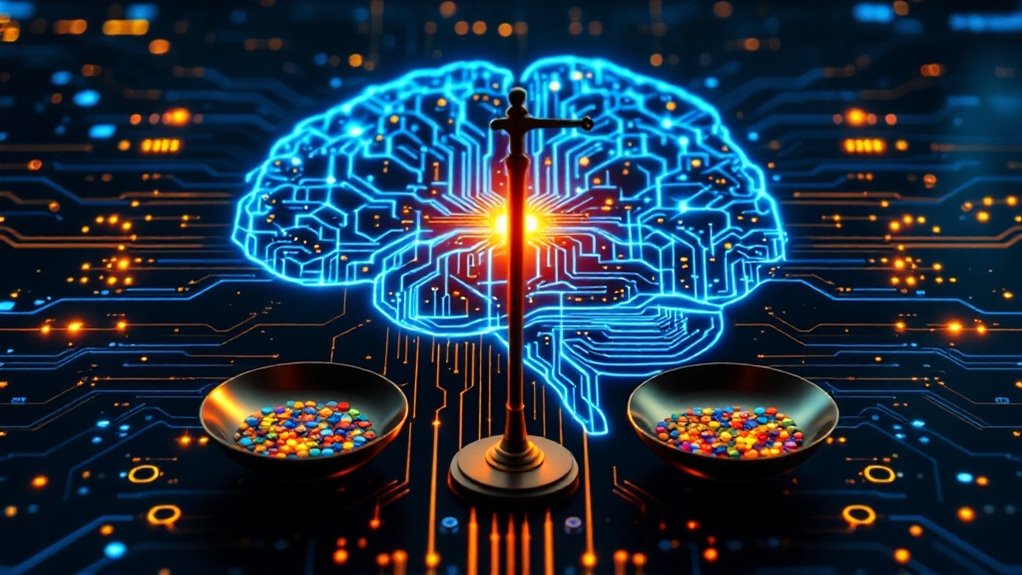MIT consistently ranks #1 for AI education, with Stanford and Carnegie Mellon close behind. CMU actually created the first Bachelor’s in AI (showoffs!), while MIT’s CSAIL lab dominates in robotics research. Your best bet? Look beyond rankings at curriculum specifics—some programs are theory-heavy while others emphasize hands-on skills. Faculty connections to tech giants like Google can make a massive difference in your post-graduation prospects. The perfect program awaits below.
Where should aspiring AI experts turn to build their future in the field? The answer, according to multiple global ranking systems, consistently points to Massachusetts Institute of Technology as the reigning champion. MIT has nabbed the #1 spot in QS World University Rankings for Data Science and AI—not that we’re surprised, given their CSAIL lab‘s groundbreaking work in everything from deep learning to robots that might one day replace your barista.
MIT remains AI’s academic throne-holder, with rankings and robot baristas that leave competitors in digital dust.
But hey, don’t book your flight to Cambridge just yet. Stanford University, UC Berkeley, Carnegie Mellon, and University of Toronto round out the global top contenders, each with their own flavor of AI excellence.
Stanford’s SAIL lab, for instance, has been crushing it in autonomous vehicles research while you were still trying to parallel park.
What makes these institutions stand out isn’t just fancy buildings with “AI” slapped on them. It’s their faculty roster—think Turing Award winners casually dropping knowledge bombs in lecture halls—and their deep connections to the tech industry.
These schools aren’t just teaching AI; they’re *creating* it, with professors regularly bouncing between campus and companies like Google and Apple.
Carnegie Mellon deserves special mention for creating the world’s first Bachelor’s in Artificial Intelligence. Bold move, CMU.
Meanwhile, Toronto has leveraged its Vector Institute to bridge the sometimes awkward gap between academic theory and actual useful applications. The QS World University Rankings show that Nanyang Technological University has emerged as the best university in Asia for data science and artificial intelligence.
Many alumni skip the job application process altogether and launch AI startups that make the rest of us feel woefully unaccomplished.
International options like Oxford and Tsinghua University prove AI excellence isn’t just an American flex. These institutions offer world-class programs with their own unique advantages—though you might need to brush up on your Mandarin for the latter.
When selecting a program, it’s crucial to thoroughly examine the curriculum as degree titles vary significantly between institutions, with some focusing on theory while others emphasize practical applications.
These top universities prepare students for lucrative careers in various specializations including AI Ethics Specialist roles that have become increasingly important as artificial intelligence continues to integrate into everyday life.









